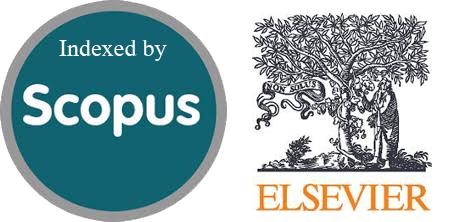Effects of SGLT2 Inhibitors on the Risks of Hypertension and Heart Failure in Diabetic Patients: A Systematic Review
DOI:
https://doi.org/10.54133/ajms.v1i.29Keywords:
Diabetes mellitus, SGLT-2 inhibitors, Hypertension, Heart failure, Blood pressureAbstract
Diabetes mellitus (DM) with uncontrolled blood sugar causes a variety of problems, including coronary artery disease, stroke, heart failure, hypertension, nephropathy, neuropathy, and retinopathy. These consequences harm the diabetic patients' lives. Many studies have shown that diabetic patients have a higher rate of heart failure and a worse prognosis than non-diabetic people. Sodium and glucose co-transporter receptor-2 (SGLT2) inhibitors are a relatively new class of anti-diabetic drugs. They not only regulate blood sugar but also have positive cardiovascular effects via a variety of mechanisms. This review intends to show that SGLT2 inhibitors, in addition to good glycemic control, possess a cardioprotective role. We conducted a literature review and identified 20 adequately powered clinical trials and animal studies in type 2 DM that investigated the cardiovascular (CV) effects of SGLT2 inhibitors (particularly heart failure and hypertension). These studies looked at the cardiovascular effects of three SGLT2 inhibitors: Empagliflozin, Canagliflozin, and Dapagliflozin. In diabetic patients, these three inhibitors of SGLT2 significantly lowered the risk of heart failure and hypertension, making them valuable therapy for lowering CV risks in high cardiovascular-risk individuals with T2DM. Finally, the use of SGLT2 inhibitors in patients without diabetes mellitus showed positive metabolic outcomes in weight and blood pressure control.
Downloads
Downloads
Published
How to Cite
Issue
Section
License
Copyright (c) 2021 Al-Rafidain Journal of Medical Sciences ( ISSN: 2789-3219 )

This work is licensed under a Creative Commons Attribution-NonCommercial-ShareAlike 4.0 International License.
Published by Al-Rafidain University College. This is an open access journal issued under the CC BY-NC-SA 4.0 license (https://creativecommons.org/licenses/by-nc-sa/4.0/).











